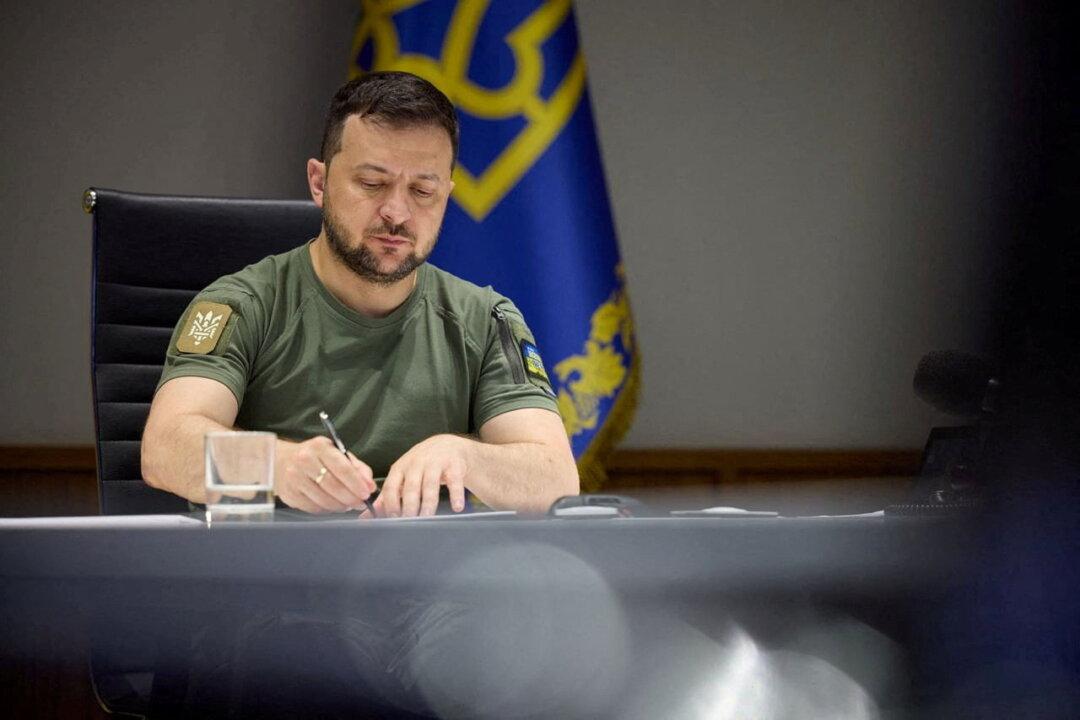Commentary
The European Council has now accepted the applications of Ukraine and Moldova to become “candidate member” countries of the European Union (EU). The President of Ukraine, Volodymyr Zelenskyy, welcoming the award of candidate membership, described it as “a unique and historic moment” in his country’s relationship with the 27 members of the EU and that “Ukraine’s future is within the EU.”





